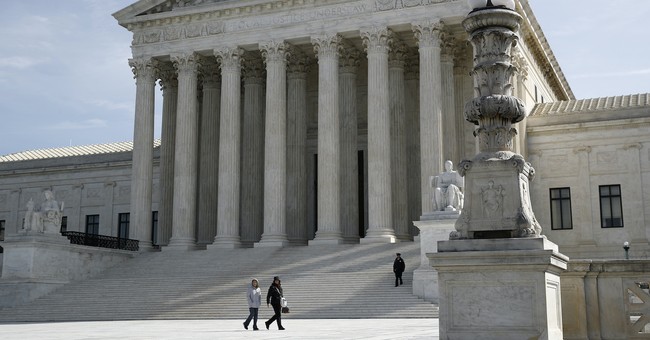
Late Monday night, the Supreme Court issued an Order denying an application for an Emergency Stay to prevent changes to Pennsylvania election law made by the Pennsylvania Supreme Court.
The Order stated that Justices Thomas, Alito, Gorsuch, and Kavanaugh would have granted the Emergency Stay. But four Justices opposed the Stay and with a 4-4 outcome, the rules of the Supreme Court are that the requested relief is denied.
The implications of that outcome are two-fold:
First, it means that Chief Justice Roberts joined with the three Court liberals, Justices Breyer, Kagen, and Sotomayor, in voting to allow the Pennsylvania Supreme Court changes to Pennsylvania election laws to remain in place for the upcoming election. This is a concerning development that he might fall in with the liberals on the various election law challenges that are percolating up in the Circuit Courts of Appeal.
Second, it guarantees that Judge Amy Coney Barrett will be confirmed next week.
What changes to Pennsylvania election law are at issue?
The Pennsylvania Governor, Democrat Tom Wolf, had requested throughout the summer that the Pennsylvania Legislature modify election laws to take into account the anticipated large volume of “vote by mail” ballots expected to be received for the Nov. 3 election. Among the changes he sought was a three-day extension during which ballots could be received and counted — to and including November 6, if the envelopes had postmarks showing they had been mailed on or before November 3. As written, Pennsylvania law requires that ballots be in the hands of election officials on November 3 in order to be counted, creating the possibility that voters who mailed their ballots too late would not have them arrive at the election office on time.
Ballot envelopes with illegible postmarks, or envelopes missing postmarks, would be presumed to have been mailed on or before November 3rd unless there was evidence to show “by a preponderance” that the ballot had not been mailed on time.
The Legislature, with both houses controlled by the GOP, declined to advance legislation that the Governor requested.
So the Pennsylvania Democrat party sued in state court seeking the same changes that Governor Wolf had requested. Based on their finding that the COVID-19 pandemic made the current statutory provisions unconstitutional, the Pennsylvania Supreme Court made the changes the Legislature had refused to make.
In Pennsylvania, Judges are elected — including Supreme Court Judges. And unlike most states, Judges run for election on a partisan basis. The four Pennsylvania Supreme Court Judges who voted to make the changes sought by the Pennsylvania Democrat party all ran for their seats on the Court as Democrats.
What might this portend for the U.S. Supreme Court?
To start with, this application for Emergency Stay can be refiled — and I expect it will be refiled when Judge Barrett is confirmed. That will generate two interesting questions.
First, will Judge Barrett — at that point Justice Barrett — recuse herself from election-related matters as some liberal commentators have claimed she must do?
Second, if she does not, will any of the four Justices who said today they would have granted the Stay change their vote if the application is refiled?
That is a tricky question from the standpoint of collegiality and tradition.
There is a view that says the independence of the Court depends on maintaining the tradition that once the Court has spoken, it has spoken. In line with that view, some would say that the question of whether to issue an Emergency Stay of the Pennsylvania Supreme Court’s decision has been decided, and the question should not be revisited merely because of a change in the Court’s membership. While the four Justices who would have granted the Stay believe today’s outcome is wrongly decided — it is nevertheless the outcome and should remain as such. Out of respect for their colleagues, this could lead one or more of the Justices who voted to grant the stay to take the opposite position if the application were to be refiled.
Not doing so would reinforce the idea that “might makes right” and the only number that matters is 5.
There is also the view that the four Justices would not be changing their position — they believe now and will continue to believe that the Order of the Pennsylvania Supreme Court should be stayed pending the completion of the appeal.
On the question of Judge/Justice Barrett recusing herself, some legal commentators are pointing to a Supreme Court decision from 2009 involving a West Virginia judge who was supported for election to the Court with massive financial contributions by a business owner he did not know. The business owner had a case that was going to be appealed to the Court where the Judge won the election, and the opposing party moved to disqualify the judge after his election victory. There was no evidence of actual bias on the part of the Judge. He was the deciding vote in a 3-2 decision in favor of his campaign contributor, but he had not solicited the campaign contributions.
In Caperton v. A.T. Massey Coal Co., the Supreme Court of the United States held 5-4 that the Judge should have recused himself from hearing the case. The following language is thought to support the idea that Judge/Justice Barrett will need to recuse herself based on the actions and comments of Pres. Trump.
But, as we have indicated, that is just one step in the judicial process; objective standards may also require recusal whether or not actual bias exists or can be proved. Due process “may sometimes bar trial by judges who have no actual bias and who would do their very best to weigh the scales of justice equally between contending parties.” Murchison, 349 U. S., at 136. The failure to consider objective standards requiring recusal is not consistent with the imperatives of due process. We find that Blankenship’s significant and disproportionate influence—coupled with the temporal relationship between the election and the pending case—“ ‘ “offer a possible temptation to the average … judge to … lead him not to hold the balance nice, clear and true.” ’ ” Lavoie, 475 U. S.em>., at 825 (quoting Monroeville, 409 U. S., at 60, in turn quoting Tumey, 273 U. S., at 532). On these extreme facts the probability of actual bias rises to an unconstitutional level.
The “probability of actual bias” in the absence of evidence of actual bias. Okay. I wonder which Justice circa 2009 turned that phase thinking it was a judicial epiphany?
The Court’s four conservatives thought the decision and opinion — by Justice Kennedy — was idiotic. Justice Scalia wrote:
The Court today continues its quixotic quest to right all wrongs and repair all imperfections through the Constitution. Alas, the quest cannot succeed—which is why some wrongs and imperfections have been called nonjusticiable. In the best of all possible worlds, should judges sometimes recuse even where the clear commands of our prior due process law do not require it? Undoubtedly. The relevant question, however, is whether we do more good than harm by seeking to correct this imperfection through expansion of our constitutional mandate in a manner ungoverned by any discernable rule. The answer is obvious.
Yes, it was a 5-4 decision. It still exists, and the holding is as moronic today as it was the day Justice Kennedy wrote it.
Yet, there is no mechanism to force a recusal by a Justice of the Supreme Court. The decision rests with each Justice alone, as there is no other Court, and the Court itself does not determine the qualifications — or disqualifications — of the individual members. Of the five Justices in the Caperton majority, only Justice Breyer remains.
For some reason, I suspect that a brilliant jurist like Judge/Justice Barrett is not going to allow herself to be cabined by the legal ruminations of Justice Kennedy in one of his many moments of self-indulgence late in his tenure on the Court.
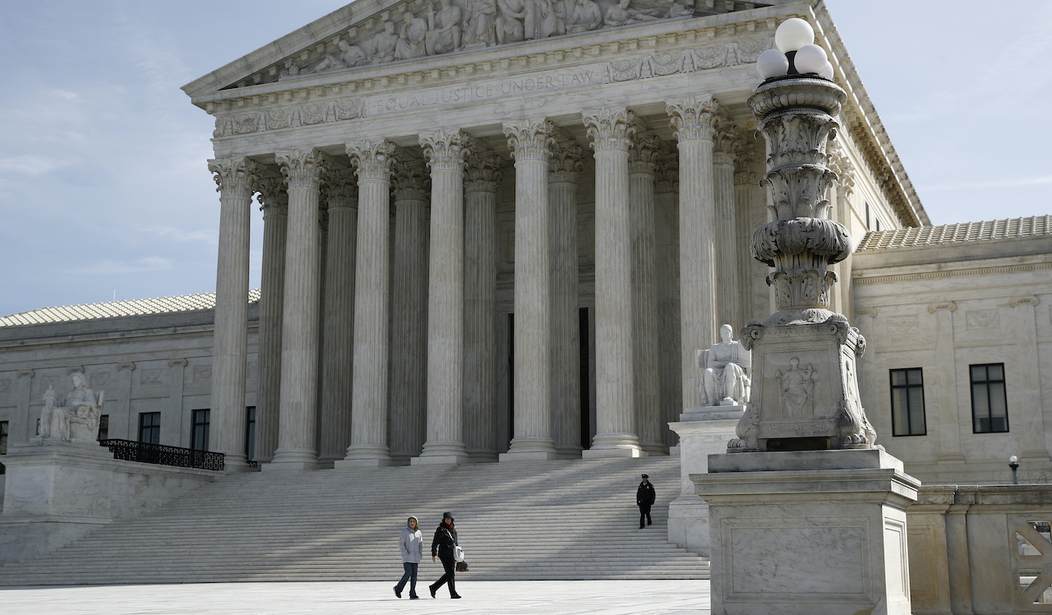


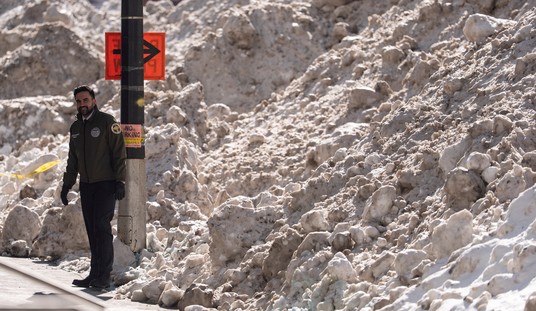


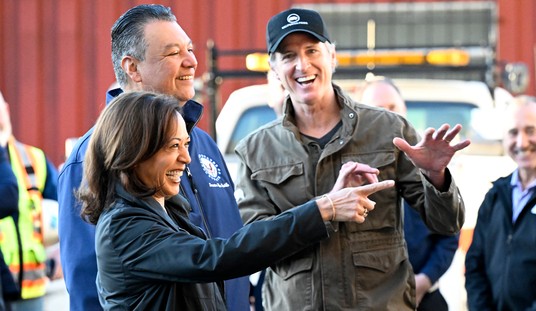


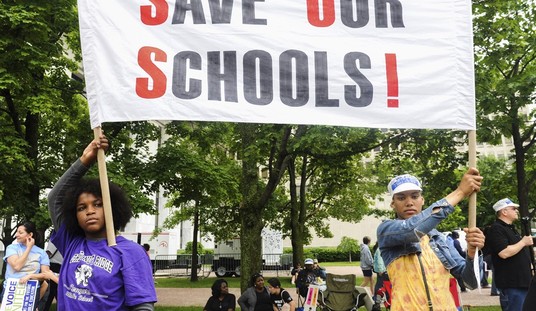


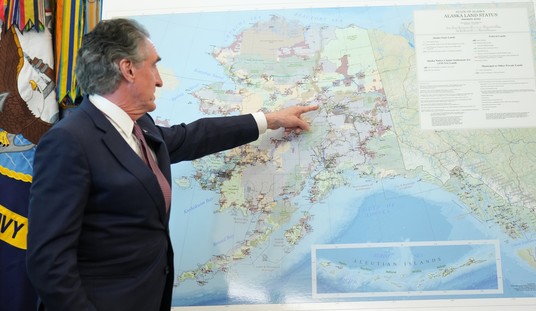

Join the conversation as a VIP Member